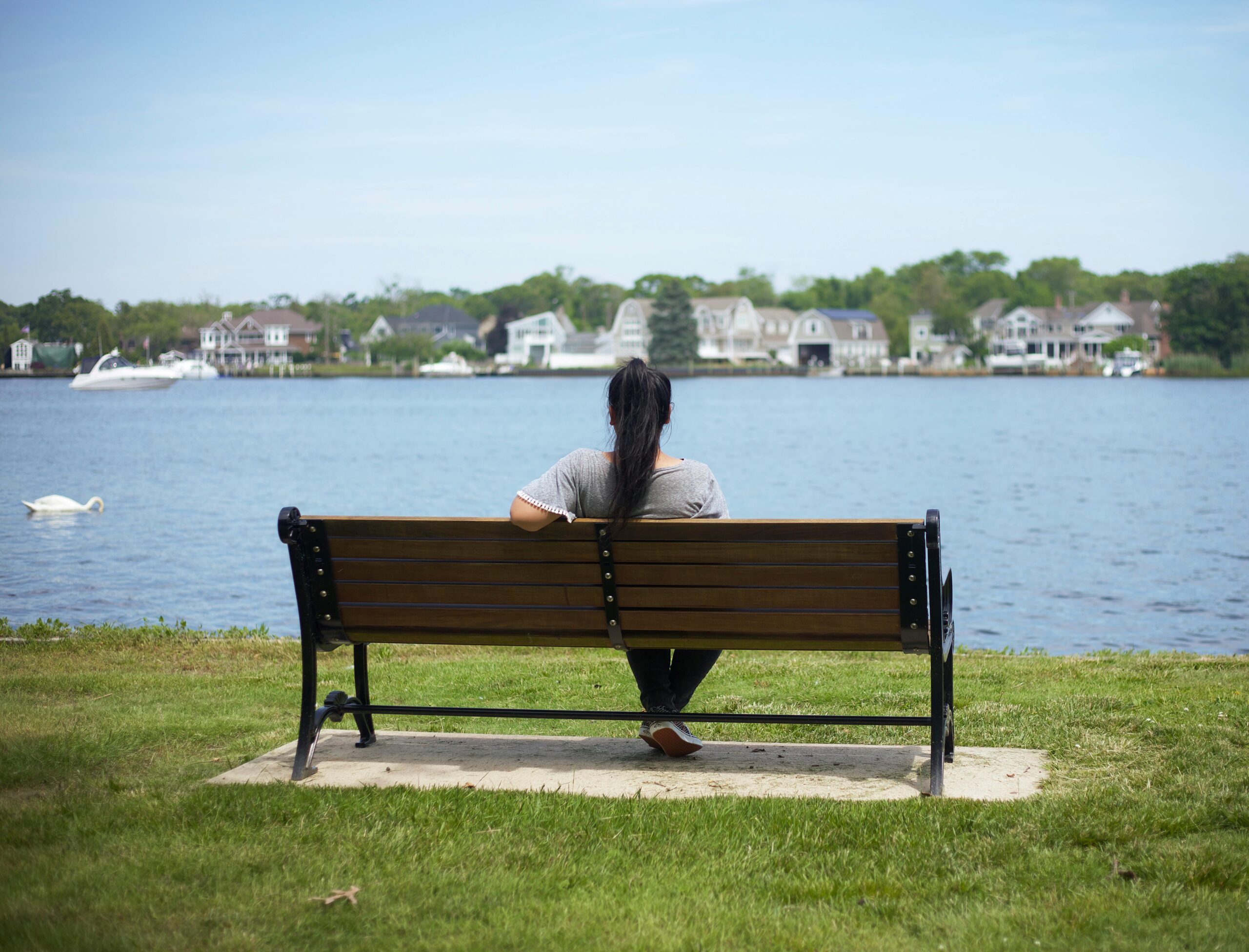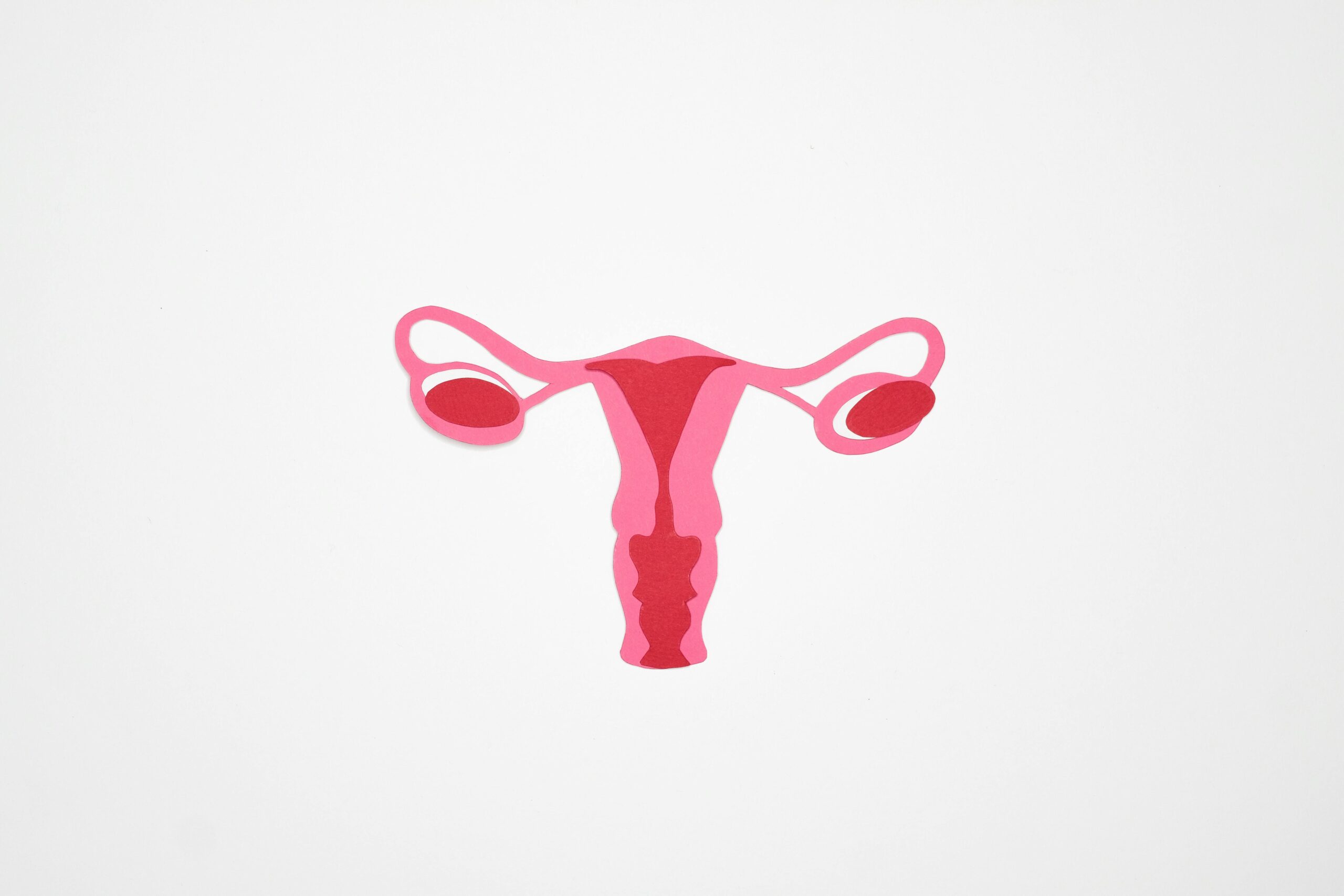
When putting together a care routine for softer skin, you’re likely thinking about moisturizing beauty products, exfoliating, and protecting your skin from the elements. But have you ever considered that your dry skin could also be attributed to something in your water?
Depending on its mineral content, water can be hard or soft, which can have different effects on your skin and overall health. Here are the details on hard and soft water, their impacts, and how to deal with them.
Soft vs. hard water
Soft water is a term used for water with low mineral content, whereas hard water is notorious for its high salt concentrations, first of all calcium and magnesium. Whether your water supply is hard or soft usually depends on the geology of the water source:
- When water drains though limestone or chalk deposits, as is common in many regions of the US and also the UK, calcium and magnesium will dissolve into it, resulting in mineral-loaded hard water. As far as your health is concerned, hard water contributes to a healthy diet; however it wreaks havoc in other areas such as your hair and skin.
- Water that drains through calcium depleted rock or hard rock won’t pick up as many minerals and is therefore soft. The only ion that you may find in soft water in considerable amounts is sodium, but only if the water was softened by a water softener before. The sodium can give the water a mild salty taste, but has no added health benefits. On the other hand, having soft water in your household can be a huge advantage. Your appliances won’t suffer from limescale buildup, your kitchenware will look cleaner, even your clothes won’t fade as quickly, and your skin will benefit too!
How water hardness affects your skin
We’ve established that the extra minerals in hard water can actually be good for your health, but it’s a different story when it comes to your skin. Water with high mineral content is ineffective at mixing with soaps, so they are hard to rinse off. It is this same inability to dissolve detergents that leaves soap scum layers in your bath, stains on your kitchenware, and your clothes looking dull and feeling scratchy.
Above that, the soapy residue layer left on your skin draws out the natural oils; in many cases causing dryness and itchiness (if you have a sensitive skin you know what I’m talking about). Both the remaining soap and excess minerals will stick to your skin and clog pores, triggering outbreaks of all kinds of annoying skin conditions like acne, psoriasis, or eczema.
Ways to deal with hard water
1. Get a water softener
If hard water is causing problems for your skin then the most straightforward solution would be to install a water softening system in your home. Not only will your skin be relieved, but you can also enjoy the other benefits of using a water softener, such as brighter and softer clothes and appliances that last longer.
Most water softening systems treat hard water coming in to your home through an ion exchange process, which removes all the hard elements and replaces them with sodium. Others may use a citric acid agent, which binds to the mineral ions rather than filtering them out.
2. Get a shower head filter
Whole house softening systems can be expensive, and if you only wish to reap the benefits of softer skin, it could make more sense to invest in a shower head filter instead. Just like whole house systems, there are several types of shower head filters that you can buy.
Charcoal water filters absorb chlorine and other contaminants, but only work well at low water temperatures. KDF (copper-zinc blend) filters are more effective for removing heavy metals, whereas calcium sulphite and vitamin C filters are best at removing chlorine. Multistage filters are the most effective since they combine different methods to remove more contaminants. Some even target hard water itself.
Although chlorine has nothing to do with hard or soft water, its presence can strip your skin of sebum and make it dry, so removing it along with other contaminants will also help to keep your skin soft and supple.
3. Use cooler water
Our next tip is to take cold and short showers. The cooler water causes your skin to constrict meaning natural oils are sealed inside and pores can’t clog. A cold 3-minute wash is far less irritating than prolonged hot showers. And regardless of how hard your water is, the cold shower trend is on the rise due to its many benefits such as increased alertness, improved circulation, and reduced environmental impact.
4. Be careful with your soap
Due to the high mineral content in hard water it can be difficult to get a lather going with your soap or shampoo. You might think that the easiest solution is to use more of it. This is actually unnecessary as it is not the lather that helps to clean your body. Using more soap causes more soap buildup which in turn causes even more skin irritation. Simply use less soap and your skin and hair will thank you – sometimes less is more!
You could also choose gentler shower gels that are lower in pH and don’t contain surfactants or sulphates. These are great for sensitive skin and help to keep it soft as they don’t react with minerals and also balance your skin’s natural pH level.
5. Use products after you shower
If you can’t prevent hard water from getting in contact with your skin, you can still use a moisturizer specific to your skin type post-showering to restore and lock in the moisture, as well as apply products for particular skin conditions to protect and soothe.


















One thought on “How Hard Water Can Affect Soft Skin”